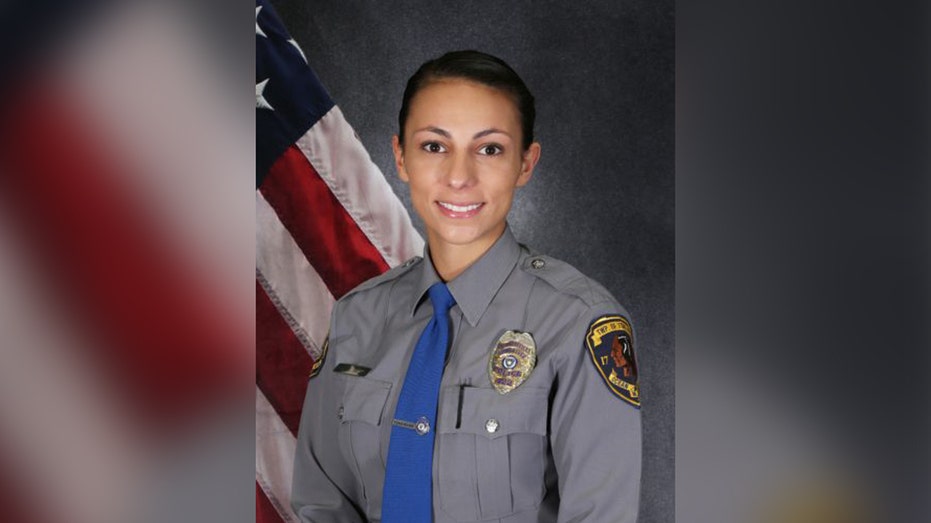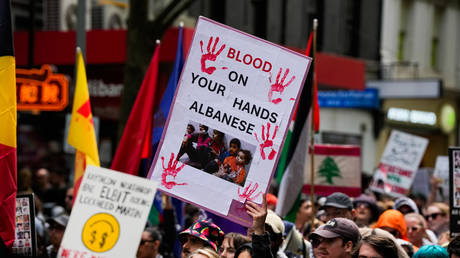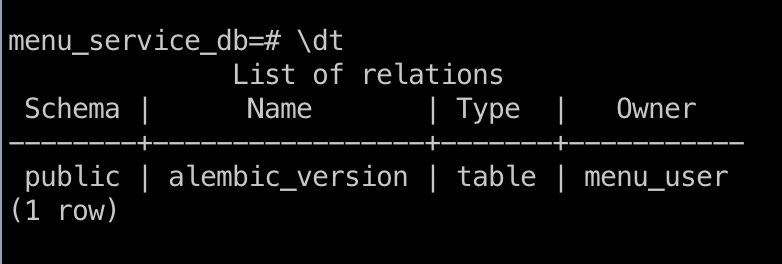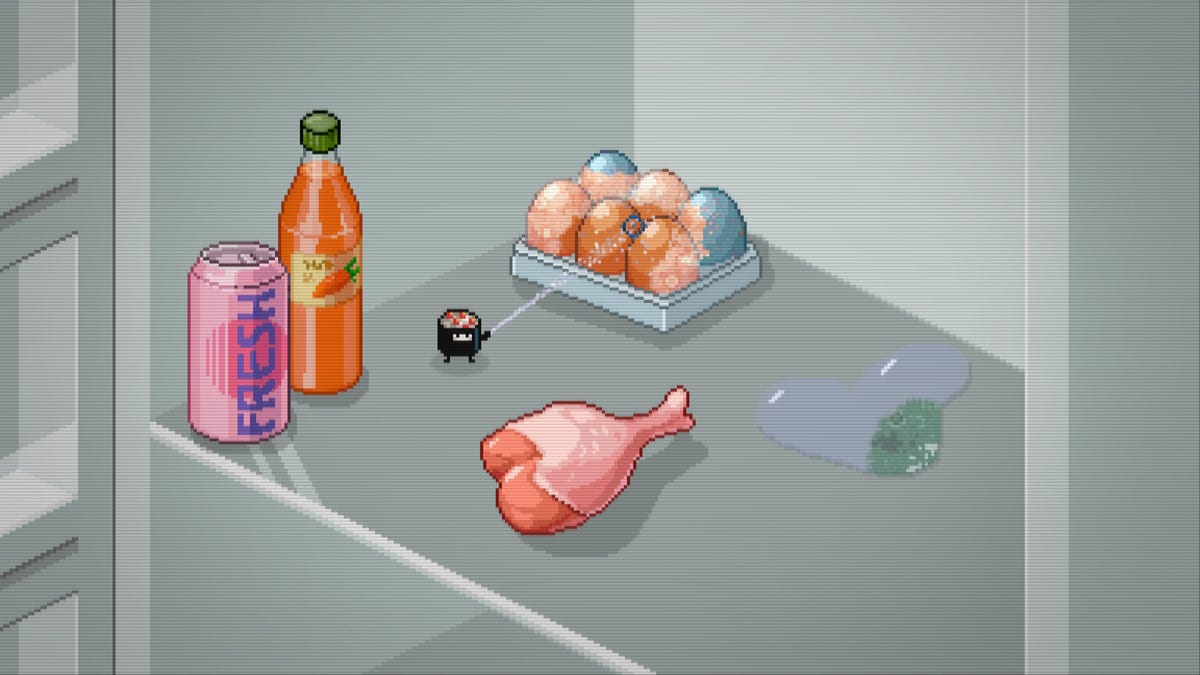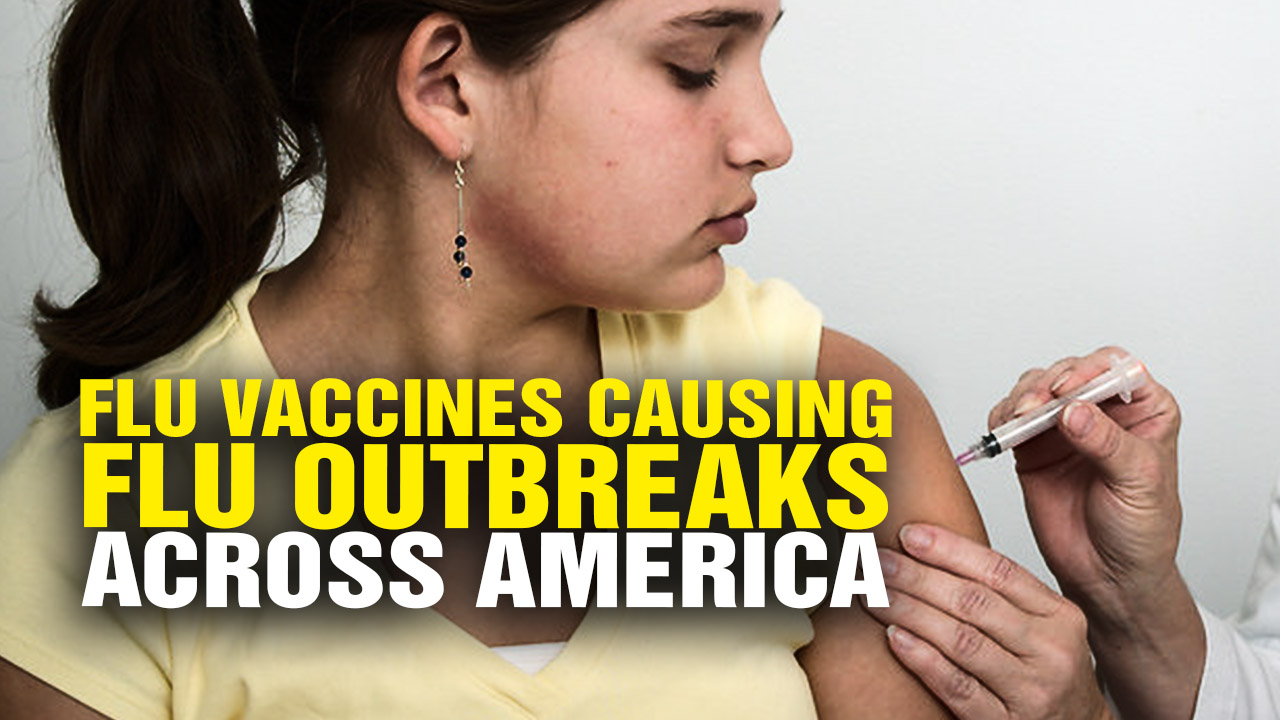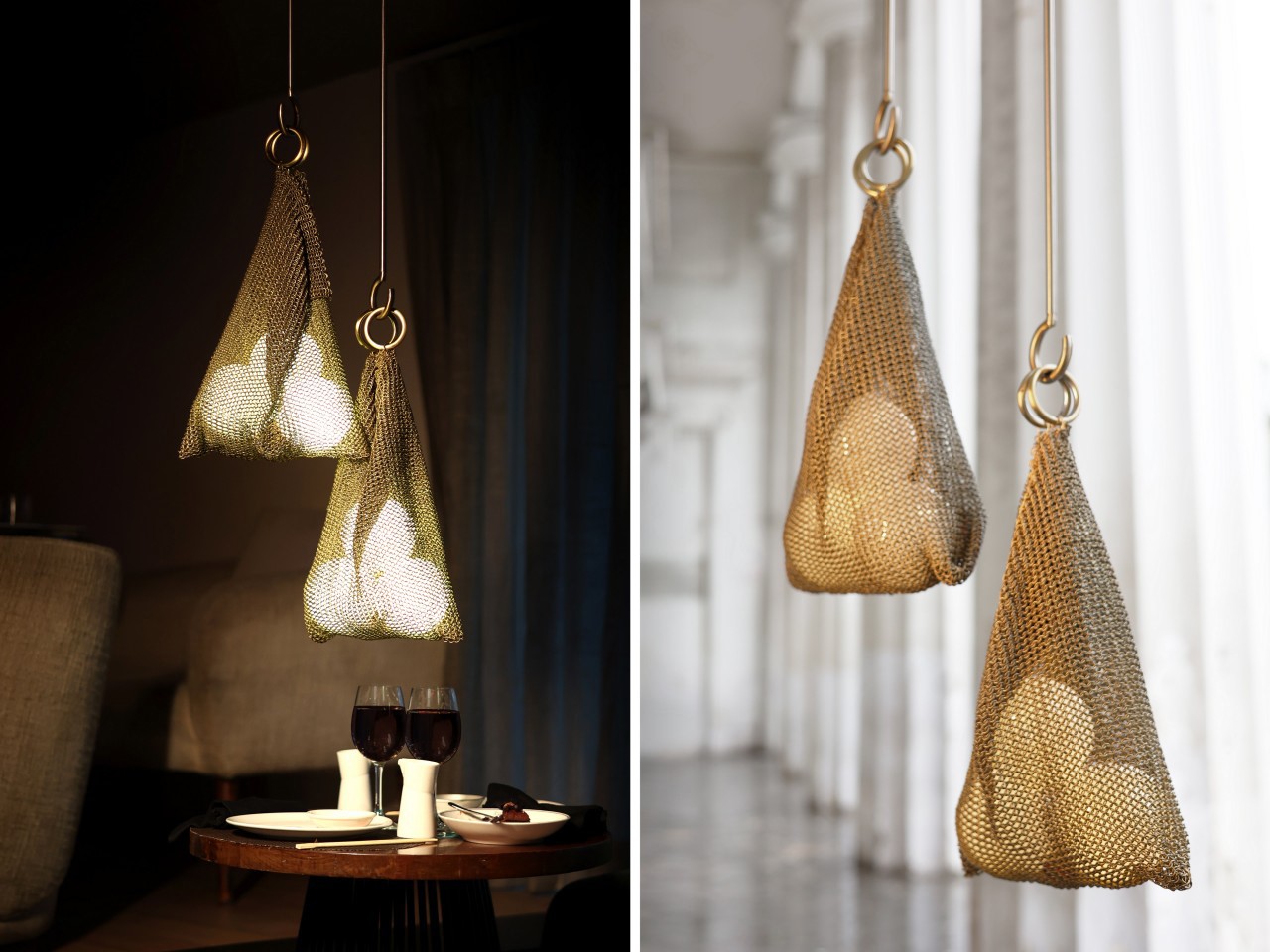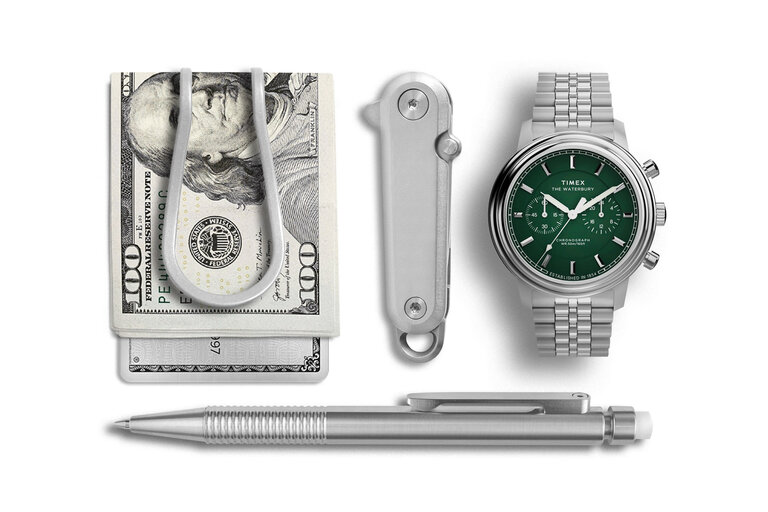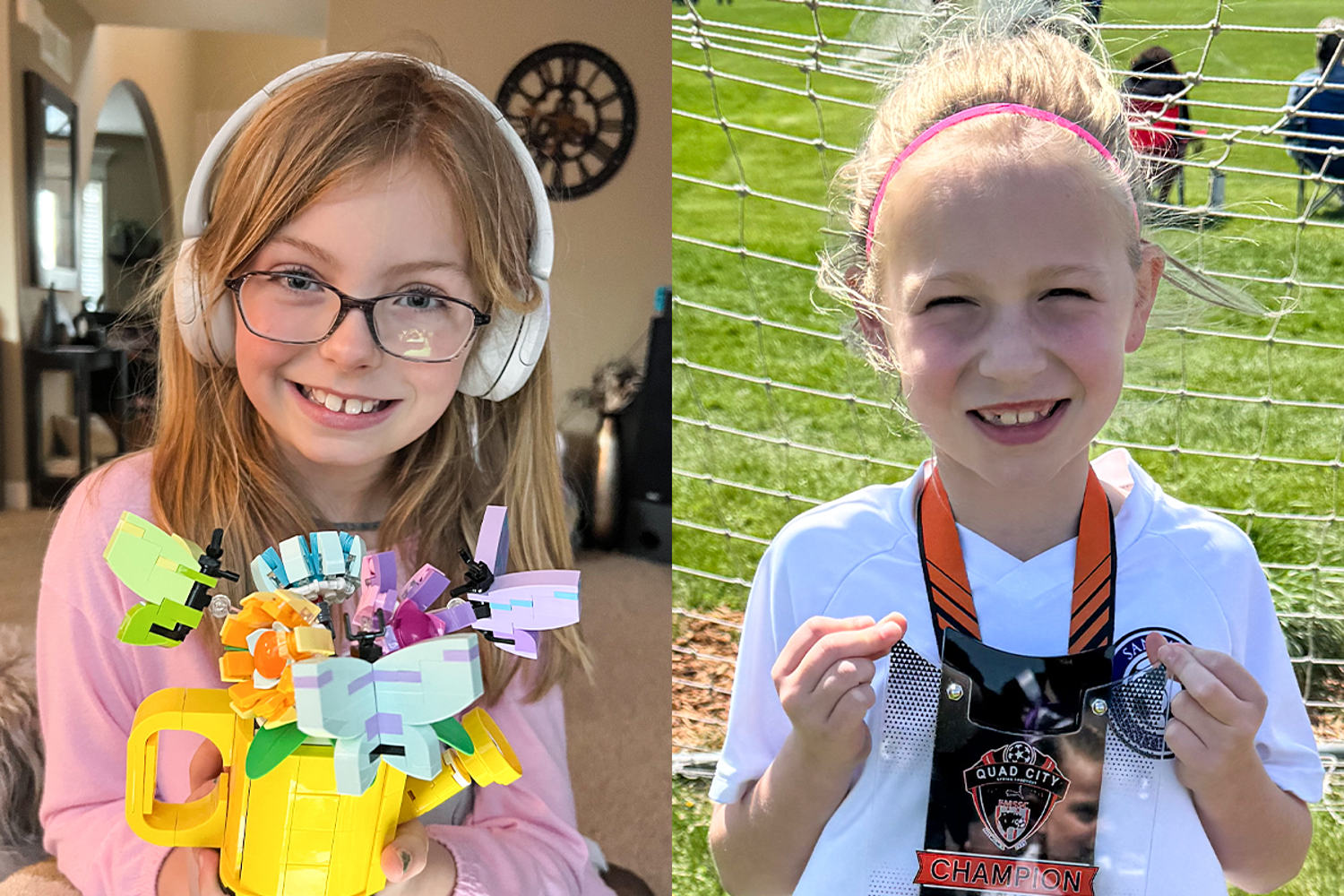Incarcerated women deserve a second chance
Melisha Johnson, a single mother, faced a 12-year prison sentence for writing bad checks, but found redemption through faith-based programming and ultimately became an advocate for incarcerated women, highlighting the need for rehabilitation and safety in prisons.

In 2011, Melisha Johnson faced a 12-year prison sentence. She had been arrested for writing bad checks before, but this time was different. She faced the possibility of having to spend more than a decade away from her young son, and it felt unbearable.
For Melisha, ending up in prison was the ultimate failure. Raised in the church, she considered herself someone who knew right from wrong. As a single mother, she tried her best, but in her most desperate moments, she turned to writing bad checks and other financial crimes to provide for her family. The thought of bringing shame upon her church and loved ones consumed her.
More than 200,000 women are incarcerated in the U.S. and, like Melisha, more than half of them are mothers. Despite their unique needs, criminal justice policy has largely overlooked incarcerated women, partly because they are significantly outnumbered by men in the prison system. Yet women are the fastest growing prison population, increasing by a staggering 585 percent since the 1980s. This crisis requires collective action from all of us — legislators, wardens, members of the judiciary and everyday citizens — to help women heal and to safely bring them home.
Given women’s outsized role as primary caregivers, their incarceration profoundly affects families and communities. During her decade behind bars, Melisha missed countless milestones in her son’s life — his high school prom, his obtaining his driver’s license and his performances with his school band. She wasn’t there when he walked across the stage to receive his diploma.
Behind bars, Melisha lost the will to live. But sometimes, it is in the darkest places where we find light. In the isolation of restricted housing, she experienced what she now calls her "road to Damascus" moment, a revelation that changed her path. She rededicated herself to God, let go of shame, and stopped seeking validation from others — a pattern she believes played a role in her past choices.
“I felt free to be me,” Melisha explains. She began participating in faith-based programming, found strength in Prison Fellowship’s Inside Journal Life Recovery Bible, and started a Bible study group. She led religious and vocational classes for other women and enrolled her son in Prison Fellowship Angel Tree, a program ensuring incarcerated parents can send Christmas gifts to their children with the help of church volunteers.
Despite her rehabilitation efforts, Melisha still faced the daily hardships of prison life. Prison is often an unsafe and traumatic environment for women, particularly for the nearly 90 percent who have already experienced abuse prior to incarceration. This trauma is often the driver for women’s most frequent offenses. Behind bars, trauma can continue in many forms, including sexual violence — long recognized as an urgent crisis in prisons nationwide. Incarcerated women also frequently lack basic physical safety, hygiene items, sufficient OB-GYN care and family visitations.
Our culture tends to shame women more than men for incarceration, since women are expected to be virtuous and wholesome, especially as mothers. Sometimes, women receive less family support than men in prison even though they are likely to be the custodial caregiver after release.
But these women are more than the sum of their worst choices. They are mothers, sisters, daughters and friends who need opportunities to heal from their past pain. Prisons should be places of rehabilitation — where women are protected, supported and given the tools to build a brighter future. Once rehabilitated, women should have the opportunity for mercy and redemption so they can return home to their families.
Here are five concrete ways we can support the rehabilitation and safety of incarcerated women:
- Everyday citizens can help by volunteering in prisons, advocating for improved justice policies or volunteering to support children of incarcerated parents through programs like Angel Tree. By improving conditions and programs inside, we pave the way for people to successfully return to their communities.
- System leaders, including prosecutors in some states, can consider resentencing the cases of women who may have been victims of domestic violence or have experienced adverse childhood experiences, and who have since worked hard to heal. In fact, last year, Oklahoma enacted bipartisan legislation that allows domestic violence survivors to apply for reduced sentences if the abuse played a significant role in their offense. Similar laws were previously enacted in New York and California.
- Transformational correctional leaders, like those who participate in the Warden Exchange program, are champions of constructive culture in corrections that will benefit women in prison along with prison staff. Projects like Reimagining Prison highlight how critical it is that people inside are treated with dignity and respect.
- The new administration and incoming director of the federal Bureau of Prisons can also take steps to protect women with the Federal Prison Oversight Act. Enacted last year with strong bipartisan support, the law aims to ensure that Bureau of Prisons facilities are regularly inspected and that allegations of unhealthy prison conditions are thoroughly investigated.
- The Bureau of Prisons should also continue to work toward implementation of the federal FIRST STEP Act, which provided a pathway for Melisha’s release from prison, and allows courts to reduce a person’s sentences if extraordinary and compelling reasons warrant a reduction. Ensuring its full implementation will help women return home ready to reintegrate as mothers, workers and engaged community members.
Today, Melisha works inside a women’s prison, helping prepare incarcerated women for life after release. She also runs a virtual ministry, facilitates self-help groups for formerly incarcerated women, and works to end stereotypes about people with criminal backgrounds. “We made mistakes, but we’re not bad people,” Melisha says. As she works to make her community a safer place, she often reflects on Genesis 50:20, in which Joseph addresses his brothers who had sold him into slavery long ago. “What the devil meant for bad, God can turn it around for good," she says.
This April, designated as Second Chance Month, we must honor the dignity of incarcerated women. With the right support, thousands of women can step into a brighter future. These women and their families are counting on us to act. Let's ensure all women like Melisha who have been turned around for good have the opportunity to share that good with our communities.
Heather Rice-Minus is the president and CEO of Prison Fellowship. Hillary Blout is the founder and executive director of For The People, a nonprofit that works with prosecutors to identify people in prison who can be safely released.
